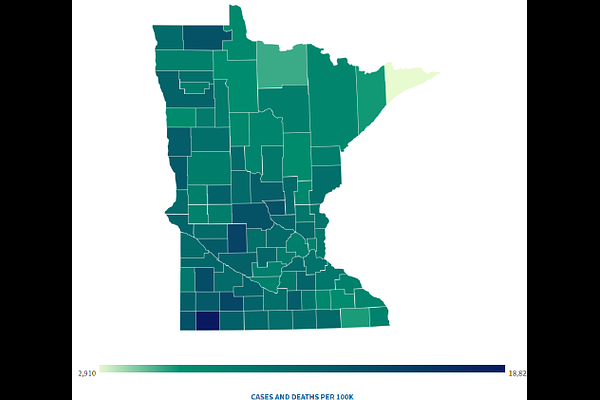Differentially Private Computation of Basic Reproduction Numbers in Networked Epidemic Models

Differentially Private Computation of Basic Reproduction Numbers in Networked Epidemic Models
Bo Chen, Baike She, Calvin Hawkins, Alex Benvenuti, Brandon Fallin, Philip E. Paré, Matthew Hale
AbstractThe basic reproduction number of a networked epidemic model, denoted $R_0$, can be computed from a network's topology to quantify epidemic spread. However, disclosure of $R_0$ risks revealing sensitive information about the underlying network, such as an individual's relationships within a social network. Therefore, we propose a framework to compute and release $R_0$ in a differentially private way. First, we provide a new result that shows how $R_0$ can be used to bound the level of penetration of an epidemic within a single community as a motivation for the need of privacy, which may also be of independent interest. We next develop a privacy mechanism to formally safeguard the edge weights in the underlying network when computing $R_0$. Then we formalize tradeoffs between the level of privacy and the accuracy of values of the privatized $R_0$. To show the utility of the private $R_0$ in practice, we use it to bound this level of penetration under privacy, and concentration bounds on these analyses show they remain accurate with privacy implemented. We apply our results to real travel data gathered during the spread of COVID-19, and we show that, under real-world conditions, we can compute $R_0$ in a differentially private way while incurring errors as low as $7.6\%$ on average.